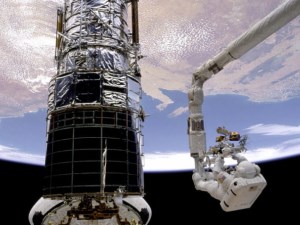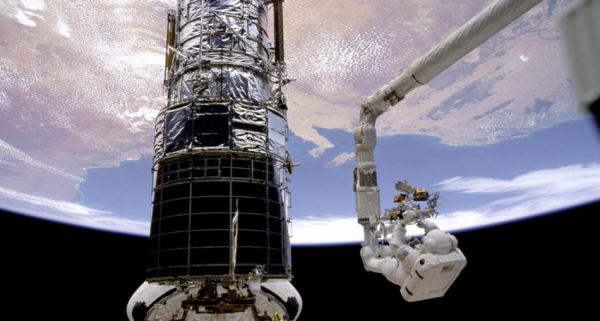A space industry centre is being established in Adelaide as part of the South Australia’s push to grow the sector in Australia.
Launched today, the South Australian Space Industry Centre is an expansion of Defence SA’s Space Industry Office and aims to drive space industry innovation, research and entrepreneurial development.
Earlier this week Cabinet created an expanded portfolio of Defence and Space Industries for the state’s Defence Industries Martin Hamilton-Smith as part of a shake-up following the stepping down of Health Minister Jack Snelling and Disability and Mental Health Minister Leesa Vlahos.
The space centre will support South Australia’s emerging space industry by providing grant funding of up to $1 million each year to space entrepreneurs, along with new and existing space startups.
It will be initially staffed by a core group of three workers: a director; aerospace specialist, and; senior project officer and be supported by Defence SA staff and a representative from the Department of State Development and Investment Attraction South Australia.
Today’s launch was held at Hamilton Secondary College, which has been earmarked as a specialist school for space studies.
Capabilities that benefit society
The announcement comes as hundreds of the world’s space industry leaders begin arriving in Adelaide for next week’s 68thInternational Astronautical Congress.
Hamilton-Smith said the state was working to establish itself as a hub for space industry research and development.
“We’re not talking about an agency the size of NASA that sends people to the moon,” he said.
“We are looking at capabilities that benefit society, communications and national security.”
South Australia has been a strong advocate of a campaign to establish a national space agency.
Last month the State Government joined forces with the ACT to lobby the Federal Government for an agency in a bid to shore up its local space industry.
Hamilton-Smith said at least 60 local organisations with space-related expertise, or the potential to apply current expertise to the space value chain, had been identified in the state.
“The space economy is one of five key areas paramount in transitioning our local economy,” he said.
“You are not a credible player in this industry if you don’t have a have a space agency and a well-coordinated plan and the kinds of partnerships you need to get Australians into space require a space agency.”
The space congress is expected to attract about 3500 members of the global space industry to the Adelaide Convention Centre from September 25-29. Delegates will include the heads of all the major space agencies and Space X founder Elon Musk.
Long-term plan
The Federal Government announced a review into the long-term plan for the sector in Australia in July, which will not be complete until March. Although this means any meaningful pledge of an Australian apace agency is unlikely at the congress, many expect a Turnbull Government pledge of some kind.
The space industry in Australia currently employs about 11.500 people and generates $4 billion a year in turnover – less than 1 per cent of what the global industry is worth.
Defence SA released a report this month into the economic benefit of establishing a national space agency.
The report found that if Australia could replicate the performance of the UK space economy in its first eight years after the establishment of a national space agency in 2010, 11,700 jobs and an additional AU$5.3 billion would be generated annually, a 132 per cent improvement on current figures.
This would take the annual turnover of the industry in Australia from AU$4 billion this year to AU$9.3 billion in 2025 and the number of people working in the industry from 11,500 to 23,198.
Andrew Spence is a senior writer for The Lead, South Australia


